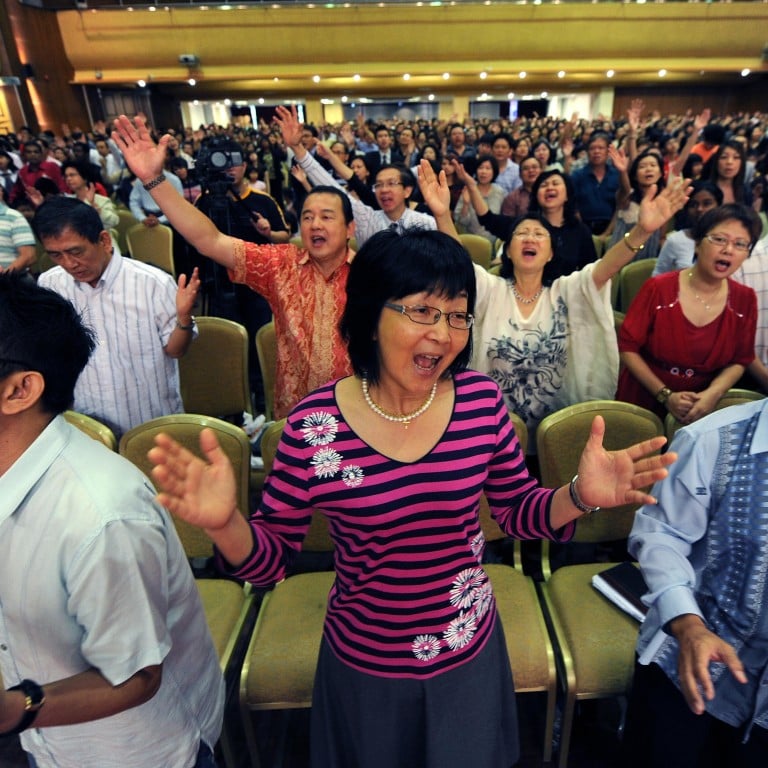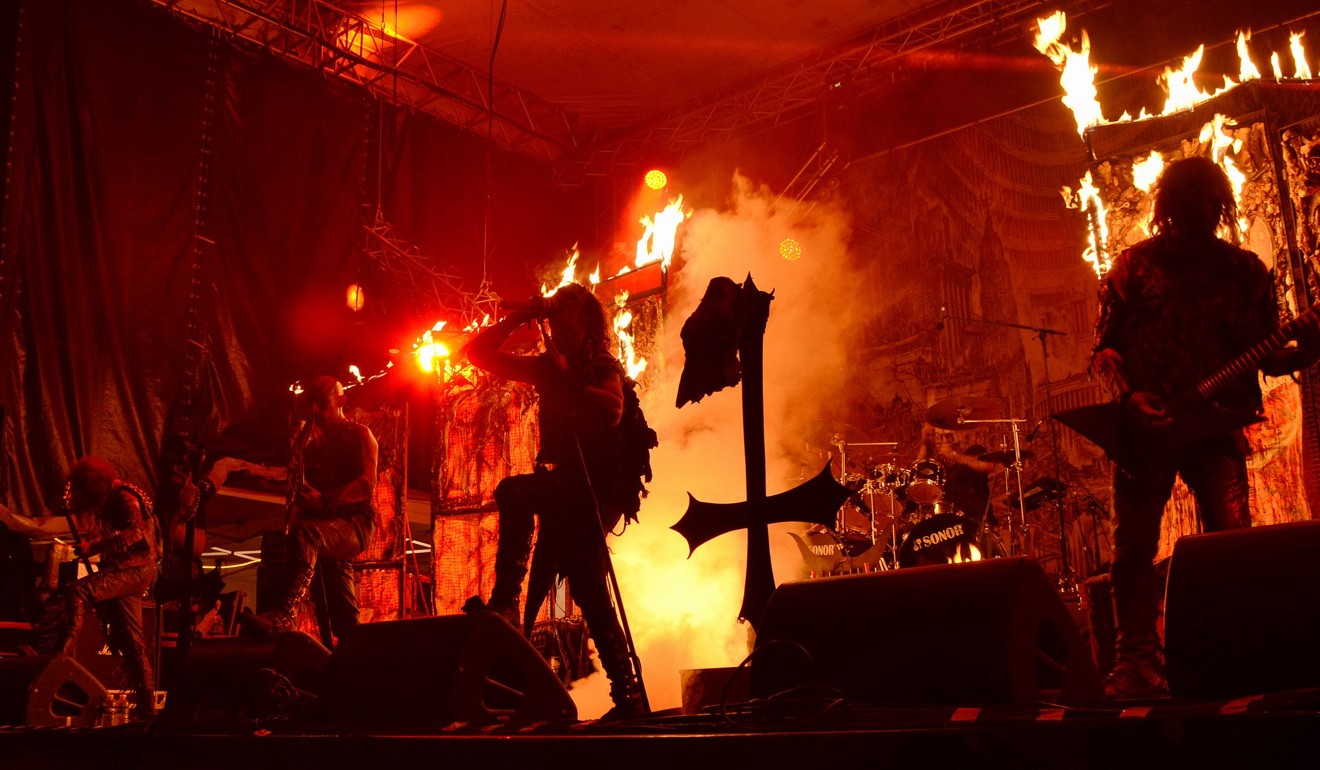
Malaysia and Singapore ban black metal concerts amid complaints from countries’ Christian communities
- Such bans in either country are nothing new. Malaysia targeted the genre once before in 2001, while Singapore moved against slam-dancing in 1993
- But in Malaysia, such moves have usually been attributed to complaints from the conservative Muslim lobby in the past

Liew Kai Khiun, a researcher of transnational popular culture flows at Nanyang Technological University in Singapore, said connections between Christian groups across the causeway linking both countries may have motivated the Malaysian council to speak up.
Christians accounted for nine per cent of the 28.4 million people living in Malaysia as of the 2010 census, in comparison to 18 per cent of Singapore’s population of 5 million that same year. Some of Singapore’s wealthiest and most influential citizens are Christian, such as Philip Ng, the city state’s richest man and a devout Anglican.
Christians in Asia: persecuted, oppressed … but keeping the faith
Liew said with Christians being a minority in Muslim-majority Malaysia and secular Singapore, they could only display religious activism in areas such as doctrine, and sexual and public morality.
“The cases recently … showed more active attempts of moral policing by the more conservative elements of Abrahamic religious groups in seeking out these performances advertised often through the internet even before they take place,” he said.
Bans on alternative musical trends have happened before, he said, giving the example of aggressive slam-dancing, or moshing, in Singapore in 1993 and black metal in Malaysia in 2001. But the furore surrounding Devourer and Watain is evidence of a changing trend.

Indeed, in his statement complaining about Devourer’s offensive, pro-satanic lyrics, Reverend Hermen Shastri, secretary general of the Council of Churches Malaysia, criticised the band for “priding” itself on being anti-Christian.
That the concert – titled ‘KL for Satan’ – was planned to take place over Easter, which Shastri described as a “most sacred” holiday, only added to the affront.
List of ‘offensive’ songs criticised by Singapore social media users
“In response, churches, especially evangelical and independent ones, have increasingly called for Christians to take a stand against what they see as aggressive Islamisation, and my guess is that they’re getting better at publicly asserting their rights and presence … this complaint being one example,” said Chua.
“The association of heavy metal with satanism is of course much older, and it would have resonated well with devoted church members.”
In Malaysia, concerts have frequently been called off for religious reasons, although until recently most were cancelled because of pressure from the conservative Muslim lobby. Artists such as Erykah Badu, Megadeth, Lamb of God and Kesha were not allowed to perform due to supposedly insulting religious sensitivities.
Those who have performed were subject to strict rules: Avril Lavigne, Gwen Stefani, Mariah Carey and the Pussycat Dolls were all asked to dial down onstage sexiness and wear more conservative outfits – although the Pussycat Dolls were later fined 10,000 ringgit (US$2,400) for their racy dance routines.

The rules about onstage clothing and conduct have applied to male performers in the past, too – Linkin Park were asked in 2003 not to jump or wear shorts onstage while in 1996, Michael Jackson agreed not to perform his signature crotch-grab move.
In response to the recent cancellation, Malaysia’s Primary Industries Minister Teresa Kok, herself a practising Christian, said allowing the black metal concert to go ahead would have created “division” and “tension” in the country.
“We are in a multi-religious and multi-ethnic society, all society members need to learn to respect and appreciate each other’s faith,” she said.
“The lyrics of these songs are targeting Jesus and the Christian faith … My question is, if the songs sung by this Singaporean music group [belittled] the Islamic faith and the Prophet Mohammad, [would people complaining about freedom of expression] say the same thing?”

